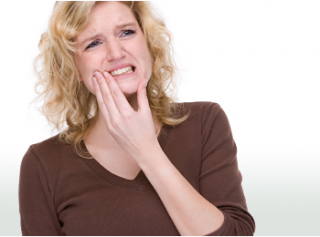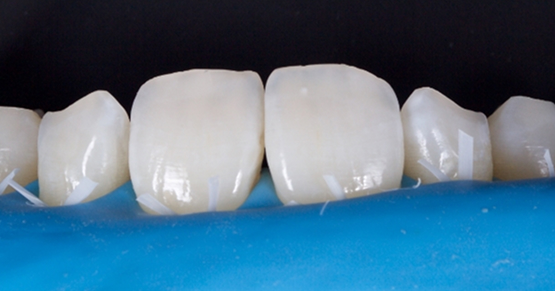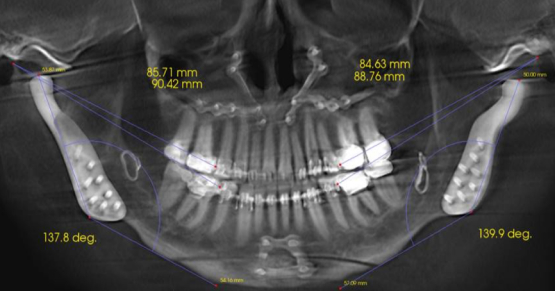Link Between Medications and Bruxism?
In today’s world, everyone is being pushed to their limits in almost every aspect you can imagine. More is demanded with fewer resources and less time. All this becomes a source of stress, anxiety, and even depression for the population as a whole.

This “epidemic” of depression and anxiety spurred the development of newer medications with fewer side effects to help manage these conditions. Hence, the SSRIs (selective serotonin reuptake inhibitors) were born in 1988. Since then, recent reports show that the use of the SSRIs (i.e., Paxil, Zoloft, Prozac, Celexa, Effexor, etc.) has increased more than 400%!
As dentists, we regularly see the signs of bruxism or clenching/grinding of the teeth, and some of it is the result of stress and anxiety. But another factor that we have to keep in mind is that patients are now taking more anti-anxiety and antidepressants than ever before in history. It’s often overlooked, but the SSRIs and even some of the SSNRIs (Selective Serotonin Norepinephrine Reuptake Inhibitors) often increase bruxism or clenching and grinding effects at night.
This leads to patients having an increased frequency of headaches, jaw pain, and other symptoms of clenching/grinding. In my own practice, I have seen many patients who have presented with increased frequency and intensity of symptoms shortly after the patient starts on these medications. I have found that sometimes a change in medication or reduction in the dosage, with the help of the prescribing medical doctor, can help, but sometimes there seems to be little to no effect.
In recent studies, there is support for a theory of how these medications cause an imbalance in the brain, leading to a drug-induced bruxism that sometimes does not go away with a decrease or cessation of the medication and may even require other medications to help alleviate the bruxism.1
So the next time you see patients on one of these medications, you might want to keep this in mind, as the bruxism will cause your dentistry to fail quicker and may be causing your patients a lot more issues.
References
- Milanlıoglu, A. (2012). Paroxetine-induced severe sleep bruxism successfully treated with buspirone. Clinics, 67, 191-192.
SPEAR ONLINE
Team Training to Empower Every Role
Spear Online encourages team alignment with role-specific CE video lessons and other resources that enable office managers, assistants and everyone in your practice to understand how they contribute to better patient care.

By: Jeff Lineberry
Date: June 15, 2017
Featured Digest articles
Insights and advice from Spear Faculty and industry experts


